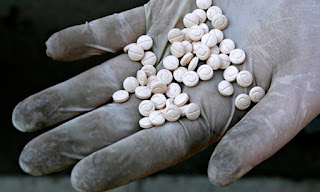Knowing he was ill
he offered a free choice of the books on his shelves,
but for every one wanted said,
'Couldn't bear to let that go',
and died two weeks later.
~Roy Kelly
he offered a free choice of the books on his shelves,
but for every one wanted said,
'Couldn't bear to let that go',
and died two weeks later.
~Roy Kelly













